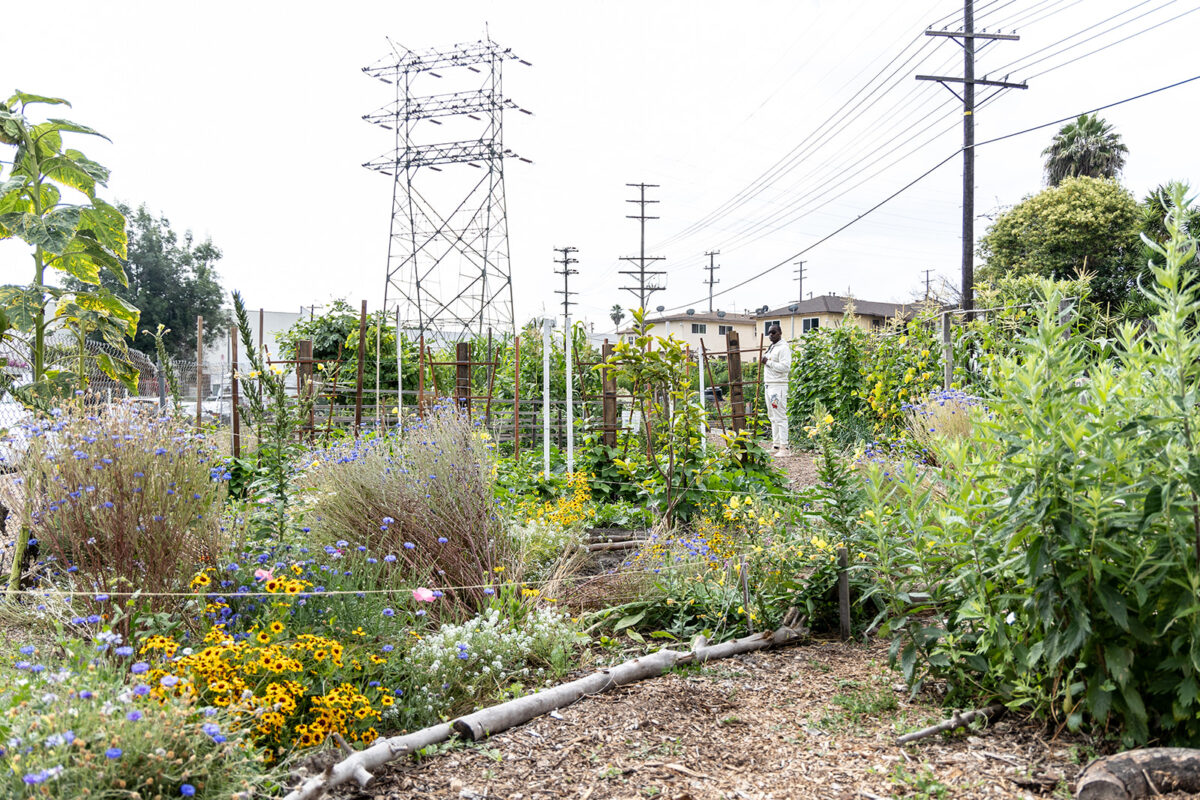Opinion
Hungry for solutions
A post-Yom Kippur challenge
In Short
Fasting during Yom Kippur is a privilege. What are we doing to combat the food insecurity people experience throughout the year?
Yom Kippur, the Jewish Day of Atonement, is a profoundly meaningful day of reflection. Those of us who are able to sacrifice eating and drinking, and we think about how our actions in the past year have impacted our families and communities.
Embarking upon the 25-hour fast earlier this week, I knew that there would be moments when I would feel immense hunger. The discomfort was part of the reality of this solemn day, and it was fundamentally my choice.
But for millions of Americans who are living in poverty and struggling to put food on the table, extreme hunger is an unavoidable daily reality.
In 2022, 37.9 million Americans were living in poverty and the child poverty rate more than doubled from 5.2% to 12.4%, the Census Bureau announced this month. In Los Angeles, the city with one of the highest poverty rates in California – 659,000 out of 3.9 million Angelenos are living below the poverty line – too many of our neighbors have to make tough choices every day to keep a roof over their heads and put food on the table.
When I learned of these disparities through my advocacy work while leading the Jewish Center for Justice, I knew that I had to take on hunger and food insecurity in my community. That’s when Pastor Eddie Anderson of McCarty Memorial Christian Church and I decided to build a micro-economy of urban farms throughout South and West LA that would feed our community and provide economic opportunities for our neighbors.
Created out of a historic interfaith initiative, Partnership for Growth Los Angeles launched our new Freedom Farms program earlier this summer to help feed our communities with healthy, fresh produce. Inspired by a long history of Black-owned farming co-ops and Jewish principles of land stewardship, our new program aims to create sustainable, community-led economic development for communities of color and bring healthy, affordable farm-to-table produce to our neighbors.
A recent study shows that one in four L.A. County households were food insecure in 2022 due to limited money and other resources. It also finds that 370,000 families experiencing food insecurity in the county live in a food desert. In these families, some parents and guardians skip meals so their children can eat, while others seek help from food banks, religious institutions and community centers. All experience the pain of hunger.
These communities also often lack access to healthy food, and high-quality fresh produce can be even harder to find. Of the 18 food retail stores across all three neighborhoods that make up South LA, more than half do not sell any fresh fruit or vegetables. Our neighbors should not have to spend extra money on transportation to make a trip to a grocery store that is outside of their community in order to access healthy and affordable food options. These should be readily available in their own community.
This is what our Freedom Farms program aims to take on. We’re redefining hyperlocal farm-to-table — planted and grown together with our diverse communities in South and West LA.
In the coming months, our program will coordinate and scale up urban farming and gardening efforts across South and West LA, leveraging local master farmers to teach people how to farm, providing job opportunities for our neighbors, and building partnerships so our locally-grown produce appears in stores and on kitchen tables. By summer 2024, we hope to establish 15 local farms across Los Angeles, and in the years to come ultimately become a national model for urban farming. Pastor Eddie and I are honored to answer the call to help address food insecurity in our community, and I can’t wait to see the impact of our programs grow in the coming months and years.
As we look ahead at the start of this new year, I encourage all of you to reflect on the fundamental problem of hunger. Ask yourself: what can you do by the next Yom Kippur to ensure your neighbors don’t experience the pain of an empty stomach on a daily basis?
Through Freedom Farms, I’m challenging myself to do my part to fulfill the Torah’s commandment to leave a share of my crops for the needy. How will you do yours?
Rabbi Joel Thal Simonds is the founding director of the Jewish Center for Justice and the president of Partnership for Growth Los Angeles.













